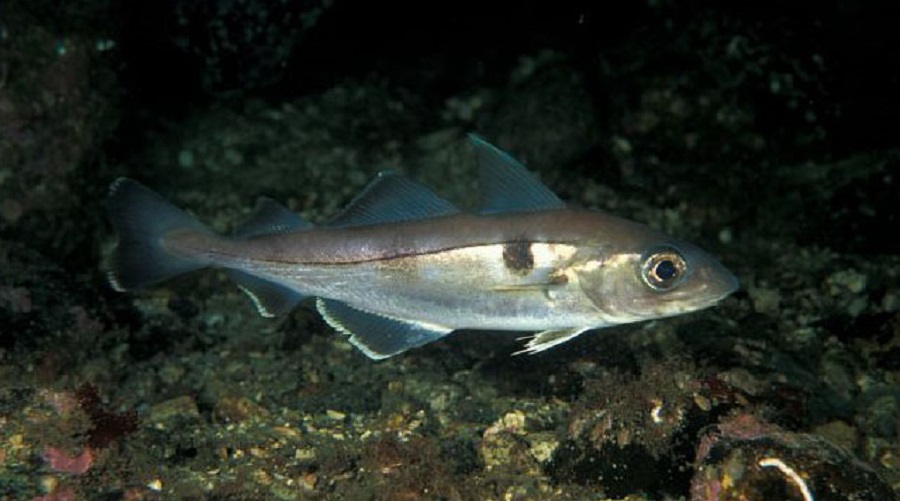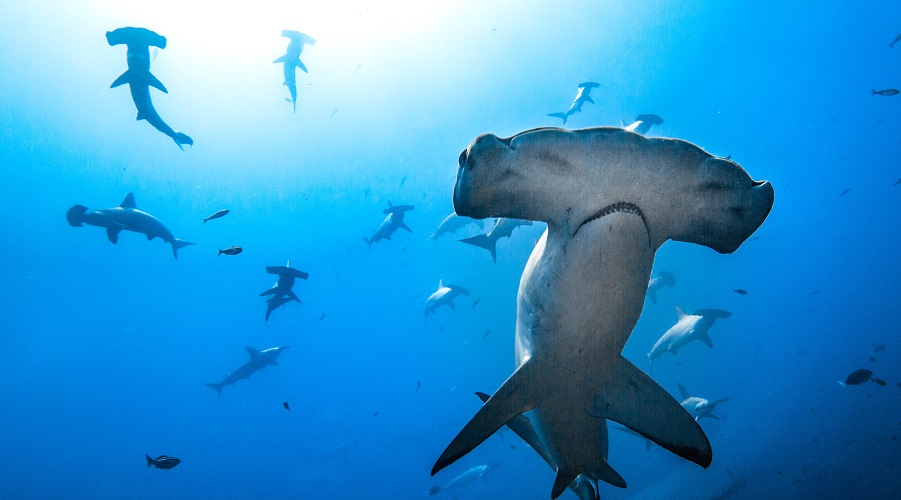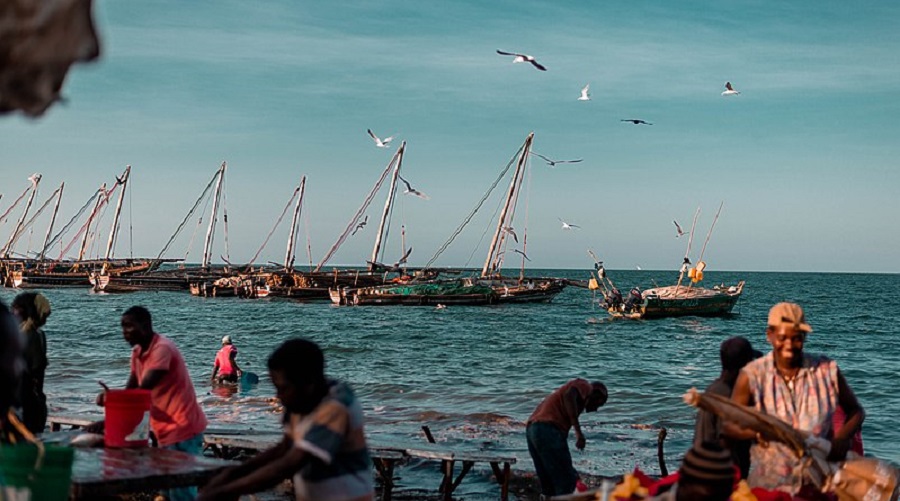
Melanogrammus aeglefinus or haddock. Photo by Salesjö, A., FishBase.
An international team of researchers gathered in the FISHGLOB Consortium has released a new dataset that presents standardized information from publicly available scientific bottom trawl surveys conducted in the waters of 18 countries from 1963 to 2021 and covering over 2,100 fish species.





